Keywords: National Security
-
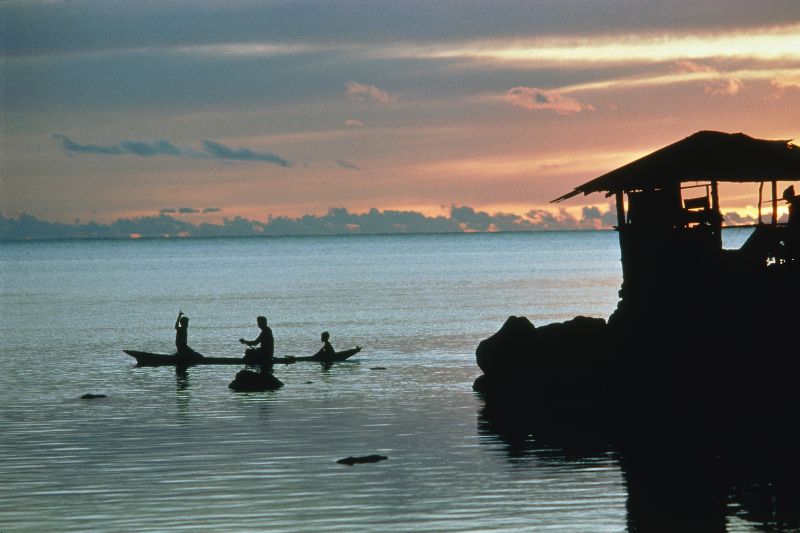
INTERNATIONAL
- Damian Spruce
- 10 December 2024
At COP29, the world’s wealthiest nations promised to confront climate change—but delivered only a fraction of the required funds, leaving developing countries with a trillion-dollar shortfall. As Pope Francis warns of a sick planet, the question remains: Who pays for the climate crisis, and who bears the consequences?
READ MORE
-

AUSTRALIA
- Kevin Bell
- 29 November 2024
2 Comments
With unaffordable housing pushing families into impossible choices, homelessness affecting 120,000 people, and systemic inequities deepening, we must ask: What kind of society do we want to build — and for whom?
READ MORE 
-

INTERNATIONAL
- Barry Gittins
- 22 November 2024
1 Comment
Before the U.S. election, Don Watson predicted the electoral victory of Trump in his essay High Noon, an exploration of a divided America teetering on the edge. Dissecting the economic, racial, and cultural forces that led to a Republican landslide reveals an imperfect union at its most vulnerable.
READ MORE 
-
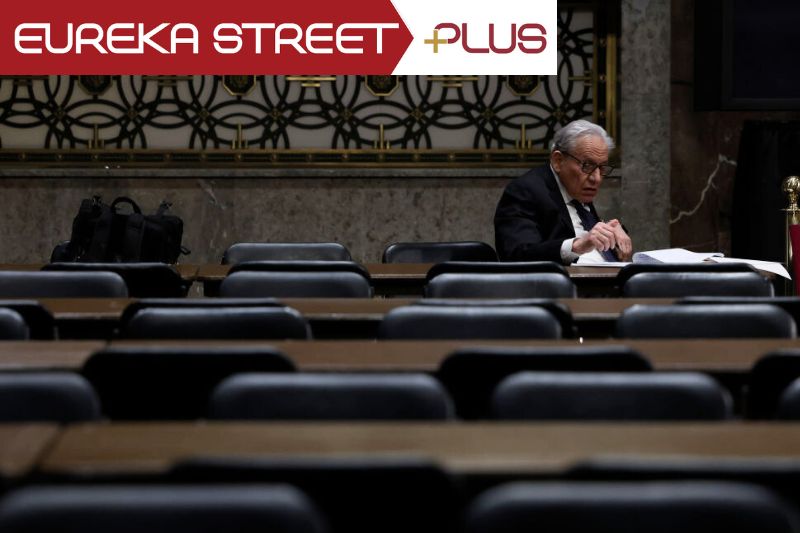
ARTS AND CULTURE
- Ken Haley
- 15 November 2024
Anyone possessed of the facts can write history. Few can express so well as Bob Woodward the heartbeat of his times and the heartbreak that history frequently brings in its wake. In War, Woodward dives into the three major geopolitical conflicts of our time.
READ MORE 
-

ARTS AND CULTURE
- Ron Cerabona
- 14 November 2024
1 Comment
For decades, Australian political satire has taken aim at the powerful with wit and irreverence, forging a distinct comedic tradition that holds up a mirror to society, revealing truths in the face of national absurdities. Now after 25 years, the iconic Wharf Revue takes its final bow, closing a celebrated chapter in the story of Australian satire.
READ MORE
-

INTERNATIONAL
- Dotan Rousso
- 31 October 2024
1 Comment
Beyond economic and national security agendas, Trump’s appeal, more visceral than policy-driven, hinges on tapping into a collective disillusionment — one that sees progressive ideology as veering into an unforgiving orthodoxy.
READ MORE
-

AUSTRALIA
- Binoy Kampmark
- 31 October 2024
3 Comments
Two narratives dominate Australia’s view of children. The first casts them as dangerous, irredeemable offenders. The second, as vulnerable innocents threatened by risks online. Both anxieties reveal deep-seated tensions over safety, innocence, and societal responsibility.
READ MORE
-
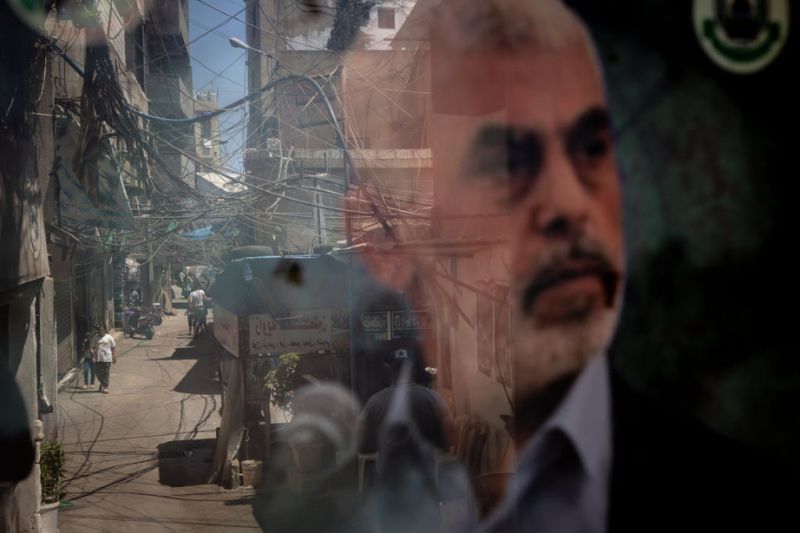
INTERNATIONAL
- Binoy Kampmark
- 23 October 2024
2 Comments
The death of Hamas leader Yahya Sinwar, architect of the October 7 attacks on Israel, has been hailed by Israeli and U.S. leaders as a significant victory and a turning point in the Gaza conflict. But as strikes continue, history suggests such assassinations often fuel further conflict, not lasting peace.
READ MORE
-
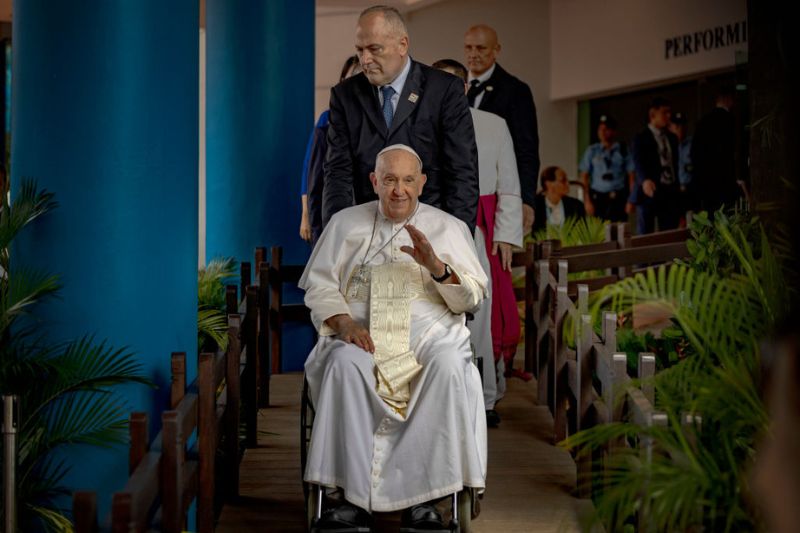
RELIGION
- John Warhurst
- 02 October 2024
4 Comments
During a recent interview on his Papal plane coming back from Singapore Francis made some pointed remarks in response to a veiled question from an American journalist about the US Presidential election contest between the Democrat Kamala Harris and the Republican Donald Trump. He chose to describe the choice as between the ‘lesser of two evils’ because Harris is pro-abortion rights and Trump is anti-immigration.
READ MORE
-
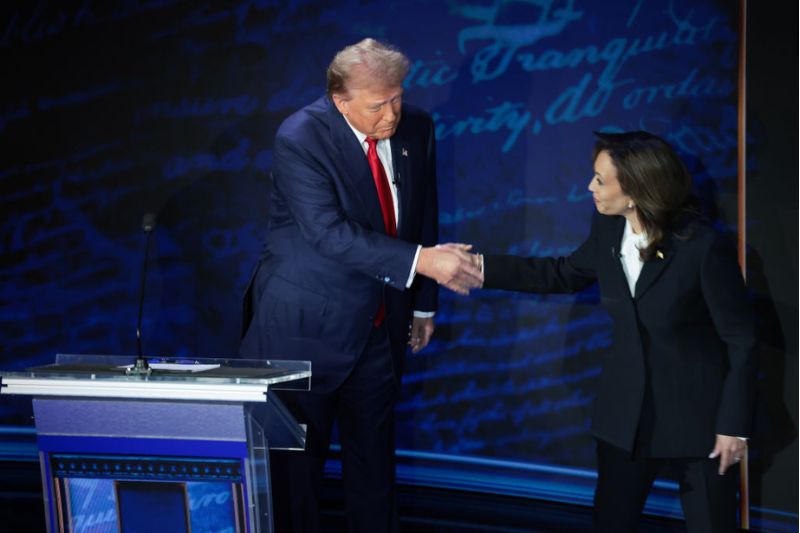
INTERNATIONAL
- Binoy Kampmark
- 30 September 2024
Last month, Kamala Harris faced off with Trump in what may be the only debate of the 2024 race for the White House. As we revisit the event, it’s clear that the real takeaway isn’t found in the limited substance offered to voters. Rather, it’s a stark reminder of how far the standards for such political showdowns have fallen, leaving us to question the usefulness of this once-crucial platform for democratic discourse.
READ MORE
-
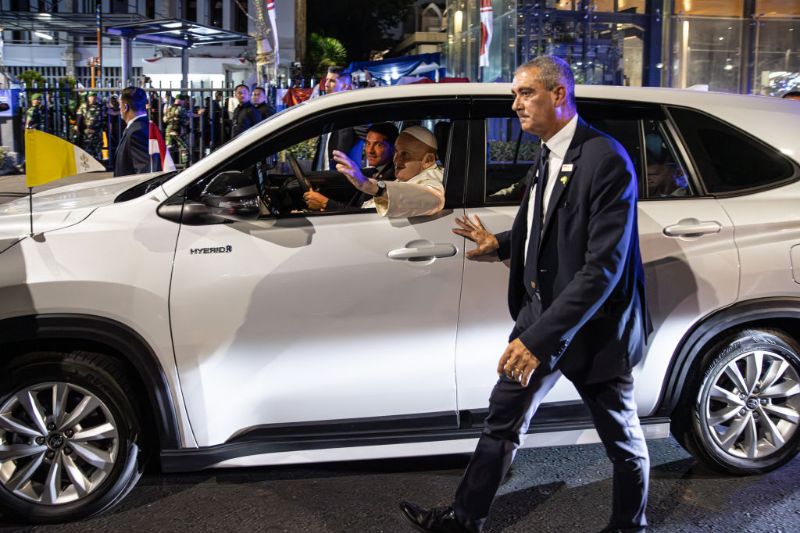
INTERNATIONAL
- Robin Osborne
- 05 September 2024
1 Comment
Pope Francis has frequently voiced sympathy for refugee concerns and before leaving on this trip, he reaffirmed his call for safe migration pathways for people fleeing their own countries for fear of persecution, describing any refusal to harbour asylum seekers as a ‘grave sin’.
READ MORE
-
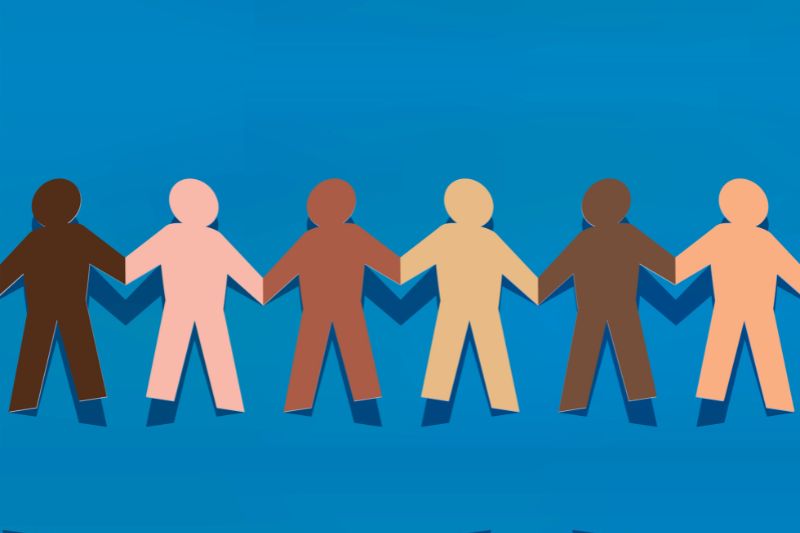
AUSTRALIA
- Joseph Camilleri
- 28 August 2024
3 Comments
As Australia faces numerous moral crises from domestic inequality to global militarization, a proposed national charter of principles could to reshape our society and redefine our global role. This declaration would acknowledge Indigenous dispossession, prioritize human rights, and shift focus from military alliances to human security.
READ MORE